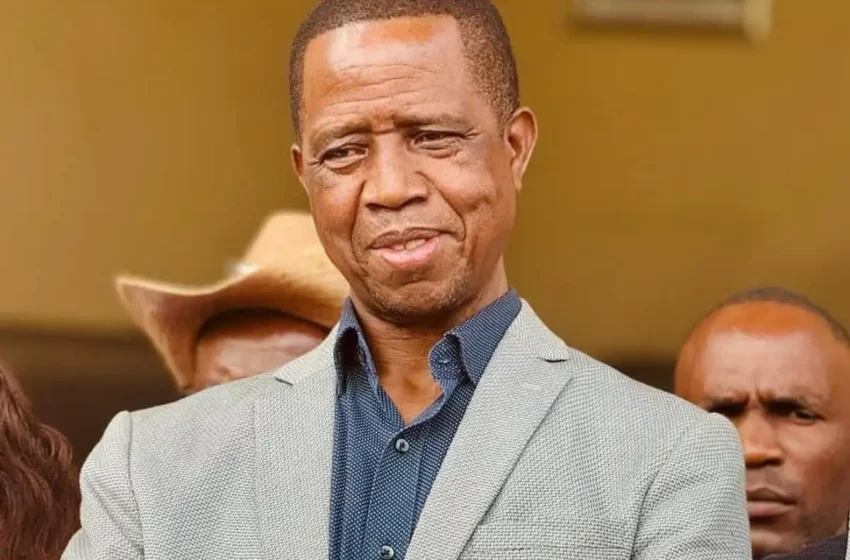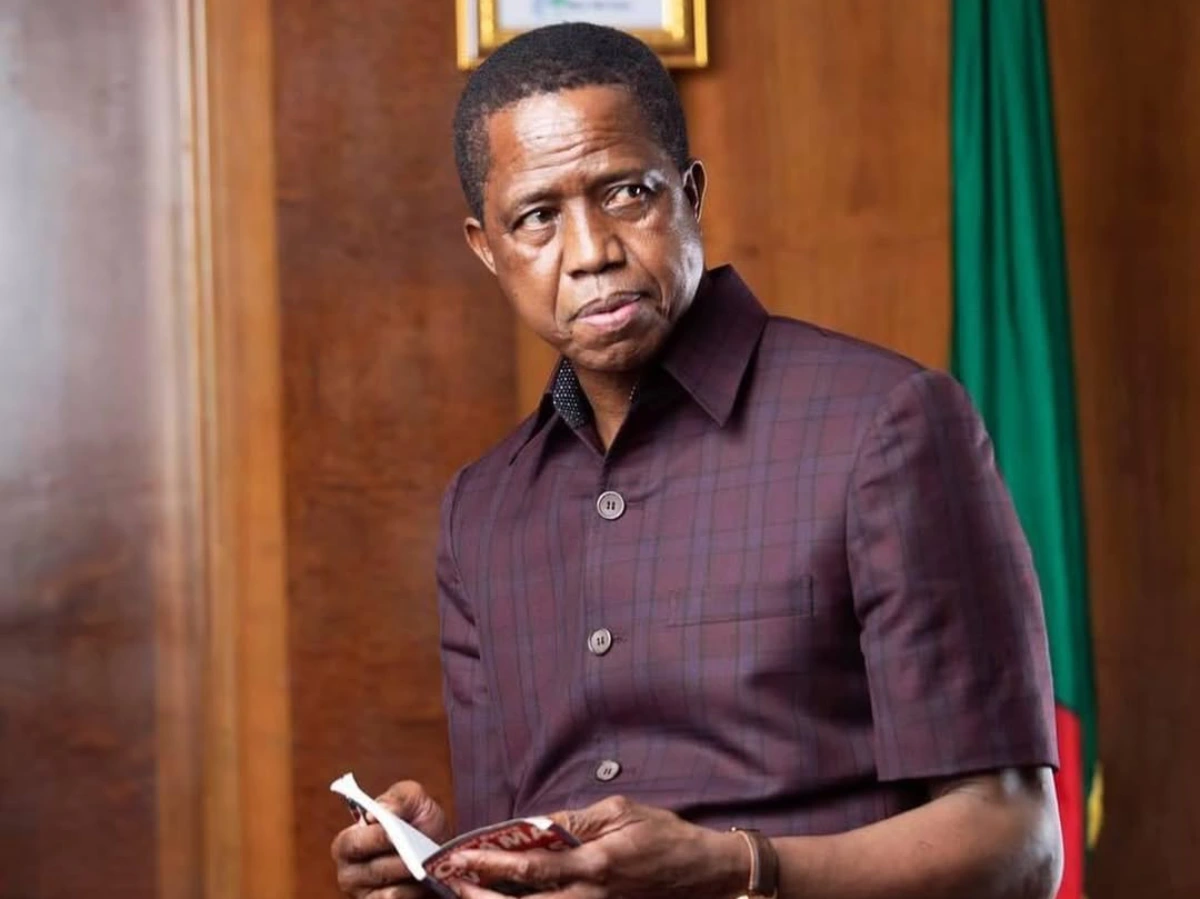Who gets to bury a president? The fight over Edgar Lungu’s remains

Edgar Lungu – Former President of Zambia
In life, former Zambian President Edgar Lungu was no stranger to controversy. In death, he has become the subject of one final battle, not over policies or politics, but over the question of who gets to bury him. And more than that: who truly owns the legacy of a former leader, the family or the state?
Earlier this week, the Pretoria High Court handed down a ruling that may seem straightforward at first glance. Lungu’s body must be returned to Zambia, where he will be laid to rest at Embassy Park, the nation’s official burial site for former heads of state. But behind this legal decision lies a far more complex drama, one that speaks to memory, control, and the uneasy intersection of personal grief and national symbolism.
A Family’s Grief, a Nation’s Claim
Lungu died in Johannesburg in June while receiving medical treatment. His family, grieving and protective, wished to bury him privately in South Africa. They argued that this is what he would have wanted, especially in light of tensions with his successor, President Hakainde Hichilema, who Lungu reportedly did not want presiding over his funeral.
But the Zambian government saw things differently. Represented in court by Advocate Ben Stoop, the state claimed there was no evidence that Lungu had ever wished to be buried abroad. Instead, they argued, his role as a national figure demanded a national farewell.
“It is not a win for the government,” said Zambian Attorney General Mulilo D Kabesha after the ruling. “It is what makes good sense.”
That may well be true. But this moment raises a deeper question: when a leader dies, does their legacy belong to their loved ones or to the nation they once led?
Burial as Battleground
The courtroom was filled with raw emotion when the judgement was read. Bertha Lungu, the late president’s sister, wept uncontrollably in the gallery, speaking in Bemba. Her grief cut through the legal language and political implications, grounding the moment in something very human.
But the court ruled with finality. Lungu was more than a brother or uncle. He was a former head of state. As such, he “belongs to the nation.”
In Africa, and indeed in much of the world, the burial of a former leader is never a purely private affair. Graves become symbols, ceremonies become statements, and state funerals are carefully orchestrated exercises in legacy-building. Where a leader is laid to rest, and by whom, can be as politically charged as any policy they enacted in office.
Lungu’s family believed they were fulfilling his personal wishes. The state believed it was fulfilling a national responsibility. Somewhere between these two truths lies the uncomfortable reality that death does not silence power, it often reignites it.

The Funeral as a Stage
The tension between Lungu and President Hichilema adds another layer to the saga. It is no secret that the two were political rivals, and the family’s insistence that Hichilema not preside over the funeral is evidence of wounds that have not healed, even in death.
In this way, Lungu’s funeral is not just a farewell. It is a final performance of political narrative. It is a message about unity or division, about honour or grievance, about whether a leader is remembered with reverence or restraint.
And the state wants the stage.
A Legacy Beyond the Grave
Edgar Lungu served Zambia from 2015 to 2021, a period marked by economic struggles, political tension, and eventual electoral defeat. In the years that followed, he faded from public view, only to re-emerge later, perhaps sensing unfinished business.
Now, his legacy is being shaped not by his final speech, but by a courtroom thousands of kilometres from Lusaka.
Perhaps that is the final paradox of power. You never fully own it, not in life, and certainly not in death.
The state will now take Lungu home. He will be given the full honours of a presidential funeral. But whether that act of state ceremony truly brings closure, to his family, his supporters, or his country, remains to be seen.
One thing is clear. The story of Edgar Lungu did not end with his last breath. In fact, it has only just begun.

